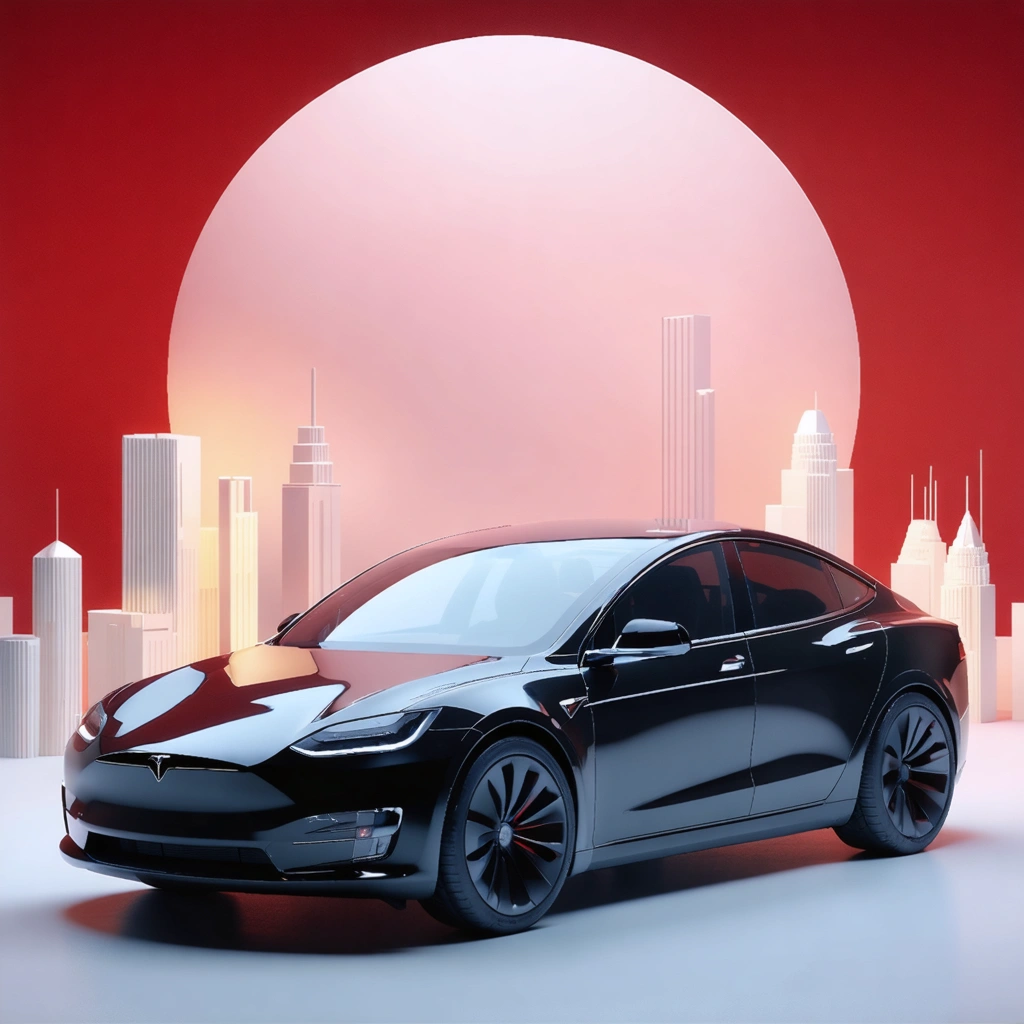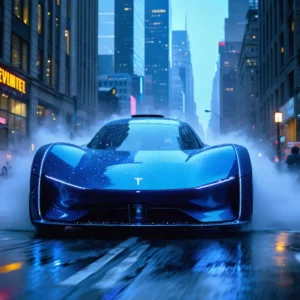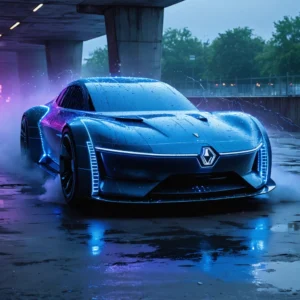
Introduction to Market Dynamics in Sustainable Transport
The automotive industry is witnessing transformative changes as companies navigate through rapid technological advancements, evolving consumer expectations, and intensified competition. In recent events, significant market shifts have been recorded, notably the drastic decline in Tesla sales coupled with bold new vehicle unveilings including the Cadillac Escalade IQL, Volvo ES90, and IONIQ 9. This article presents a comprehensive analysis of these developments, discussing their implications on business strategies and the overall sustainability trend in transportation and energy sectors.
Overview of the Latest Developments
Tesla Sales Crash: Causes and Consequences
Tesla, often seen as an industry trailblazer, has experienced an unexpected downturn in sales. The dynamics behind this trend are multifaceted:
- Market Saturation: The electric vehicle (EV) market is becoming increasingly competitive with new entrants challenging Tesla’s dominance.
- Supply Chain Interruptions: Global disruptions in supply chains have affected production schedules and delivery times, impacting consumer confidence.
- Economic Uncertainties: Macroeconomic factors such as inflation and fluctuating exchange rates have further complicated market expansions.
The decline in Tesla’s sales sends a critical signal to investors and industry stakeholders about the volatility inherent in the EV sector, emphasizing the importance of adaptive business strategies.
Innovative Vehicle Unveilings: Cadillac Escalade IQL, Volvo ES90, and IONIQ 9
In contrast to Tesla’s current challenges, major automotive manufacturers are launching new models that promise enhanced performance, luxury, and sustainability. Some key highlights include:
- Cadillac Escalade IQL: A next-generation model that integrates state-of-the-art in-car technology, luxury attributes, and eco-friendly innovations, aiming to redefine the high-end SUV market.
- Volvo ES90: An embodiment of Scandinavian design excellence, featuring advanced safety systems and sustainability in production and performance.
- IONIQ 9: An innovative model in the EV landscape that showcases cutting-edge battery technology and futuristic design, appealing to tech-savvy consumers.
These unveilings not only add diversity to the market but also set new benchmarks for performance and environmental sustainability.
Business Implications and Strategic Insights
Impact on Market Competition and Consumer Trends
The juxtaposition of declining sales for one market leader and aggressive launches by competitors paints a picture of an industry in flux. Key implications include:
| Aspect | Tesla Challenges | New Entrants’ Advantages |
|---|---|---|
| Innovation | Facing saturation and increased R&D costs | Leveraging new technologies and design trends |
| Market Position | Leadership questioned due to sales downturns | Gaining traction with unique value propositions |
| Consumer Appeal | Traditional loyal base under stress | Appealing to a diverse, technologically adept audience |
This table highlights differences in strategies and positions among key players in the industry, emphasizing the need for reassessing traditional approaches.
Adapting Business Strategies in a Changing Landscape
Companies are now pivoting towards integrated strategies that combine sustainability with technological advancement. Among these strategies, businesses are focusing on:
- Enhanced Research and Development: Investing in innovation to produce more efficient, reliable, and environmentally friendly vehicles.
- Strengthening Supply Chains: Developing resilient and flexible supply networks that can withstand global disruptions.
- Consumer-Centric Marketing: Adopting personalized marketing tactics based on consumer data and market trends.
- Collaborative Ventures: Partnering with technology firms and sustainable energy companies to leverage combined expertise.
Adopting these strategies is essential for businesses aiming to maintain a competitive edge and respond proactively to evolving market trends.
Future Outlook and Strategic Recommendations
Predictions for the Automotive and Sustainable Energy Sectors
With the rise in global environmental consciousness and increasing regulatory measures on emissions, the following trends are anticipated:
- Acceleration of EV Adoption: As governments incentivize electric mobility, demand for EVs is expected to rise.
- Emphasis on Sustainable Production: Manufacturers will adopt greener production techniques and innovative recycling methods.
- Integration of Smart Technologies: The development of connected vehicles and smart mobility solutions will reshape customer experiences.
- Dynamic Market Rebalancing: The competitive landscape will continue to evolve, with market leaders emerging based on adaptability and innovation rather than historical dominance.
Business strategists must remain agile and forward-thinking, capitalizing on emerging opportunities and mitigating risks through effective planning and collaboration.
Strategic Recommendations for Stakeholders
In light of the changing dynamics within the industry, the following recommendations are proposed:
- Monitor Market Signals: Regularly analyze sales data and consumer feedback to swiftly adapt to changing trends.
- Invest in Innovation: Channel investments into next-generation technologies and sustainable practices for long-term growth.
- Enhance Supply Chain Strategies: Develop contingency plans and strengthen supplier relationships to manage disruptions.
- Focus on Customer Engagement: Use targeted digital marketing and engagement strategies to build lasting customer loyalty.
- Forging Strategic Alliances: Collaborate with technology partners and industry experts to leverage collective strengths and enhance competitive advantages.
Business leaders who integrate these recommendations will be better positioned to navigate uncertainties and seize emerging growth opportunities in a highly competitive market.
Conclusion
In summary, the current phase in the automotive and sustainable energy sectors is defined by pivotal transitions. Tesla’s decline in sales, juxtaposed with the introduction of innovative models like the Cadillac Escalade IQL, Volvo ES90, and IONIQ 9, reflects broader market trends that emphasize the need for continual adaptation and forward-thinking business strategies. Companies that invest in research and development, safeguard their supply chain, and engage meaningfully with consumers are likely to thrive in this dynamic environment. As the industry continues to evolve, staying responsive to trends and agile in strategy will be the cornerstone of success in sustainable transport and energy.




